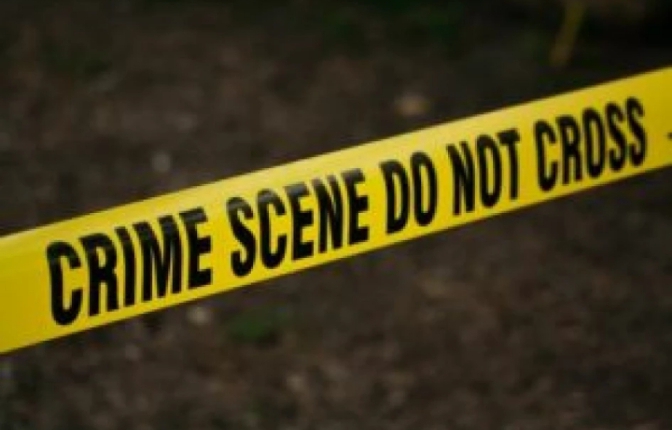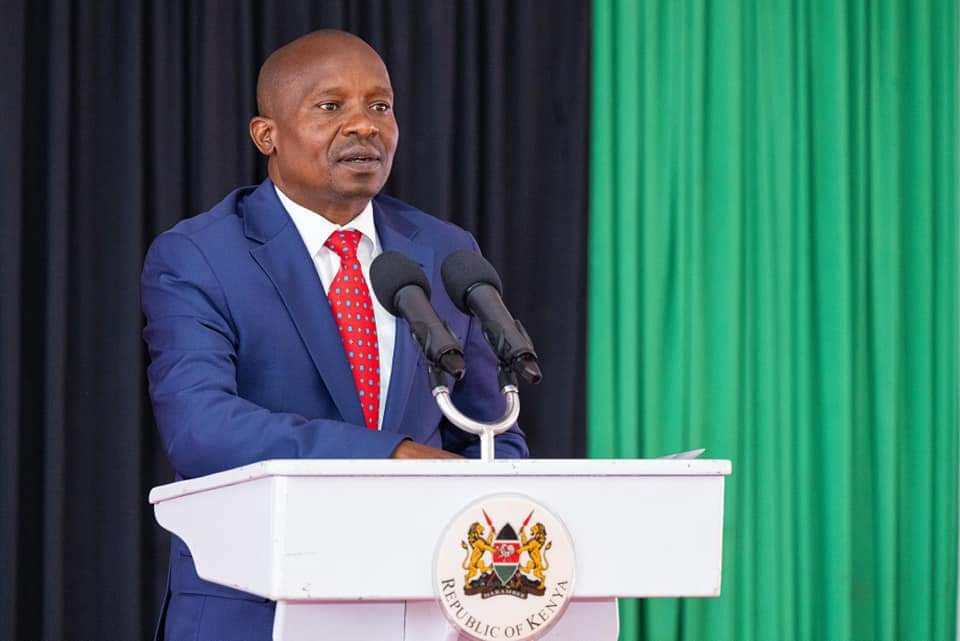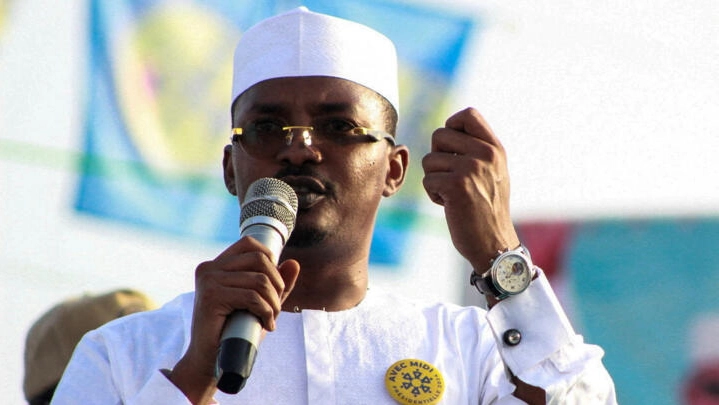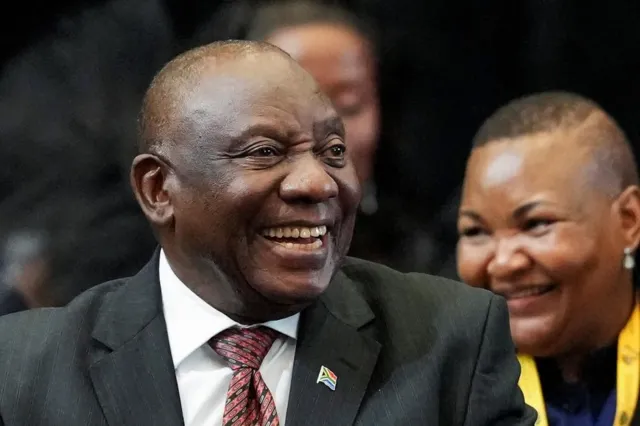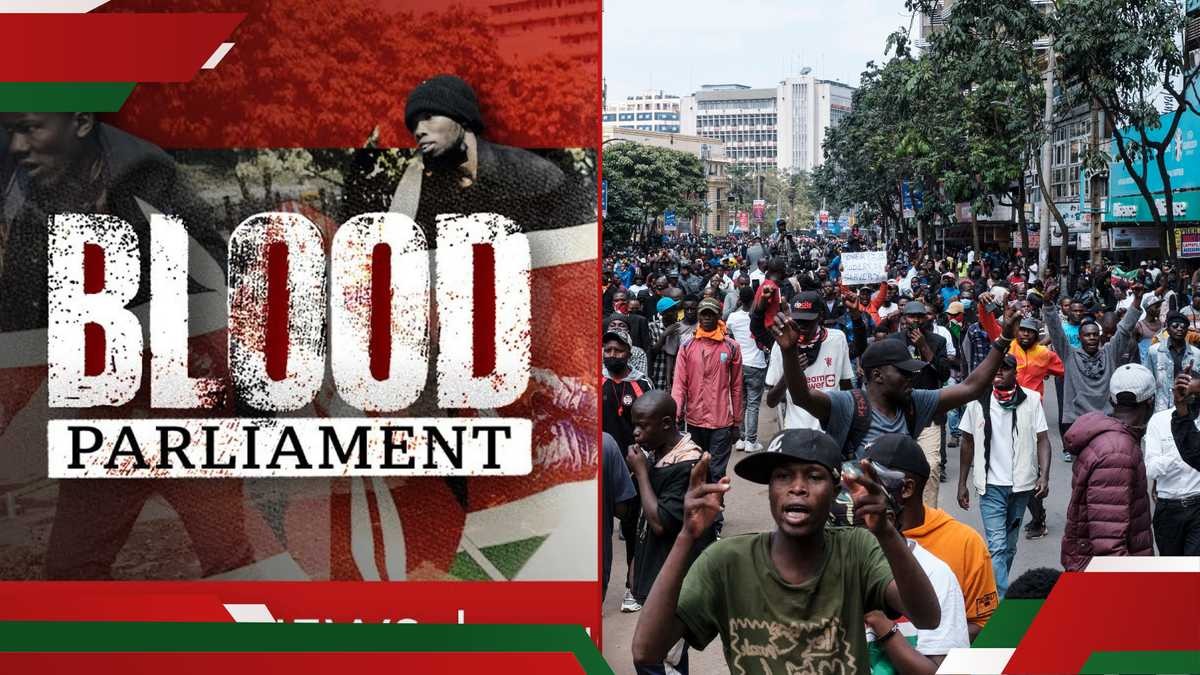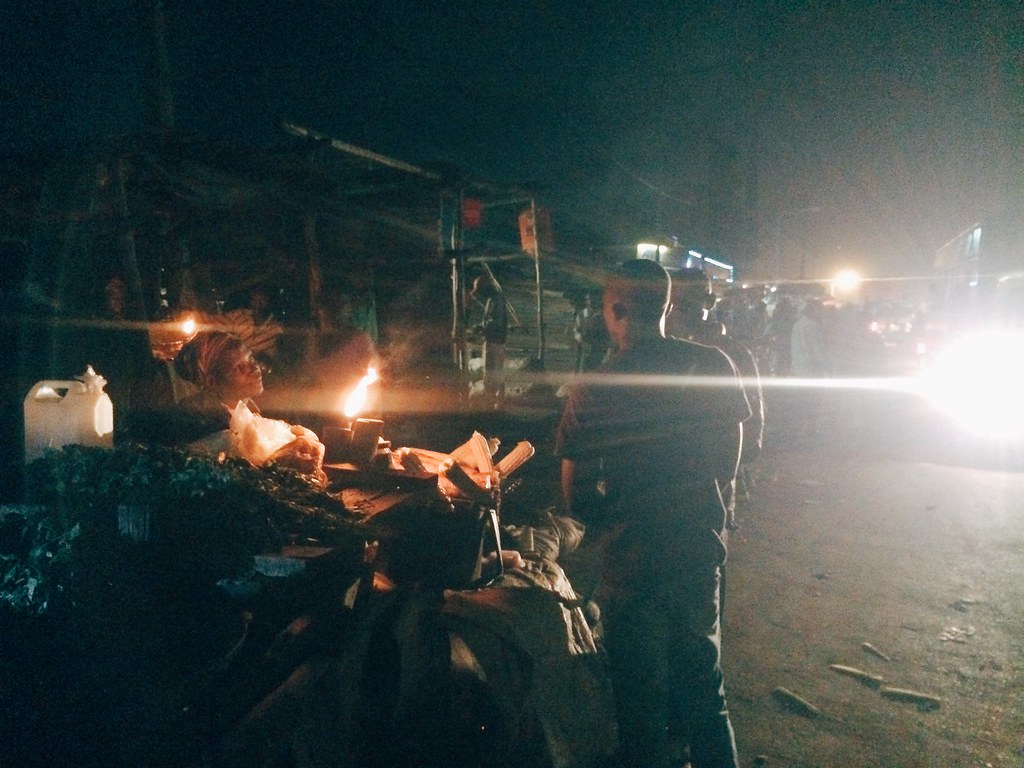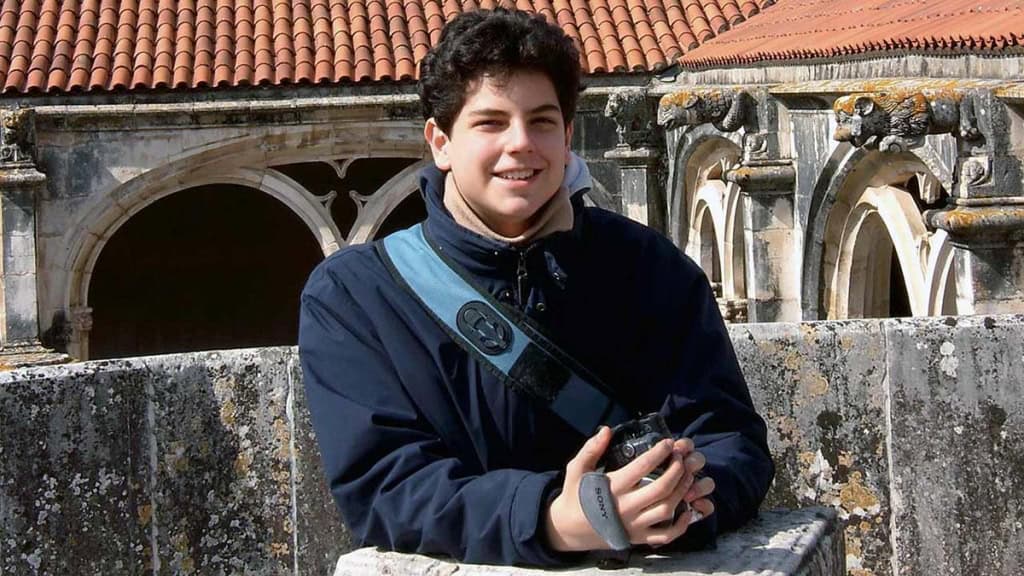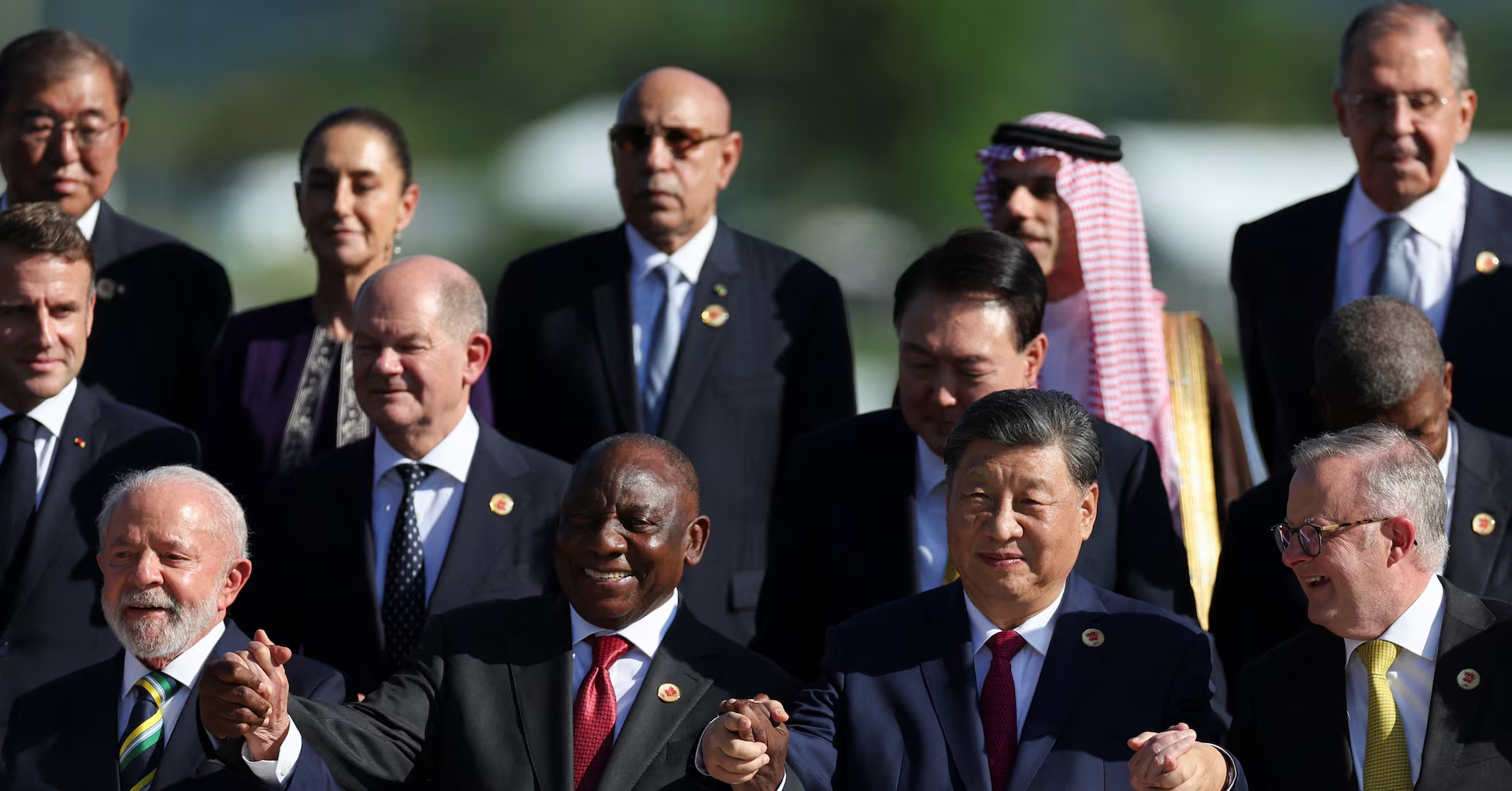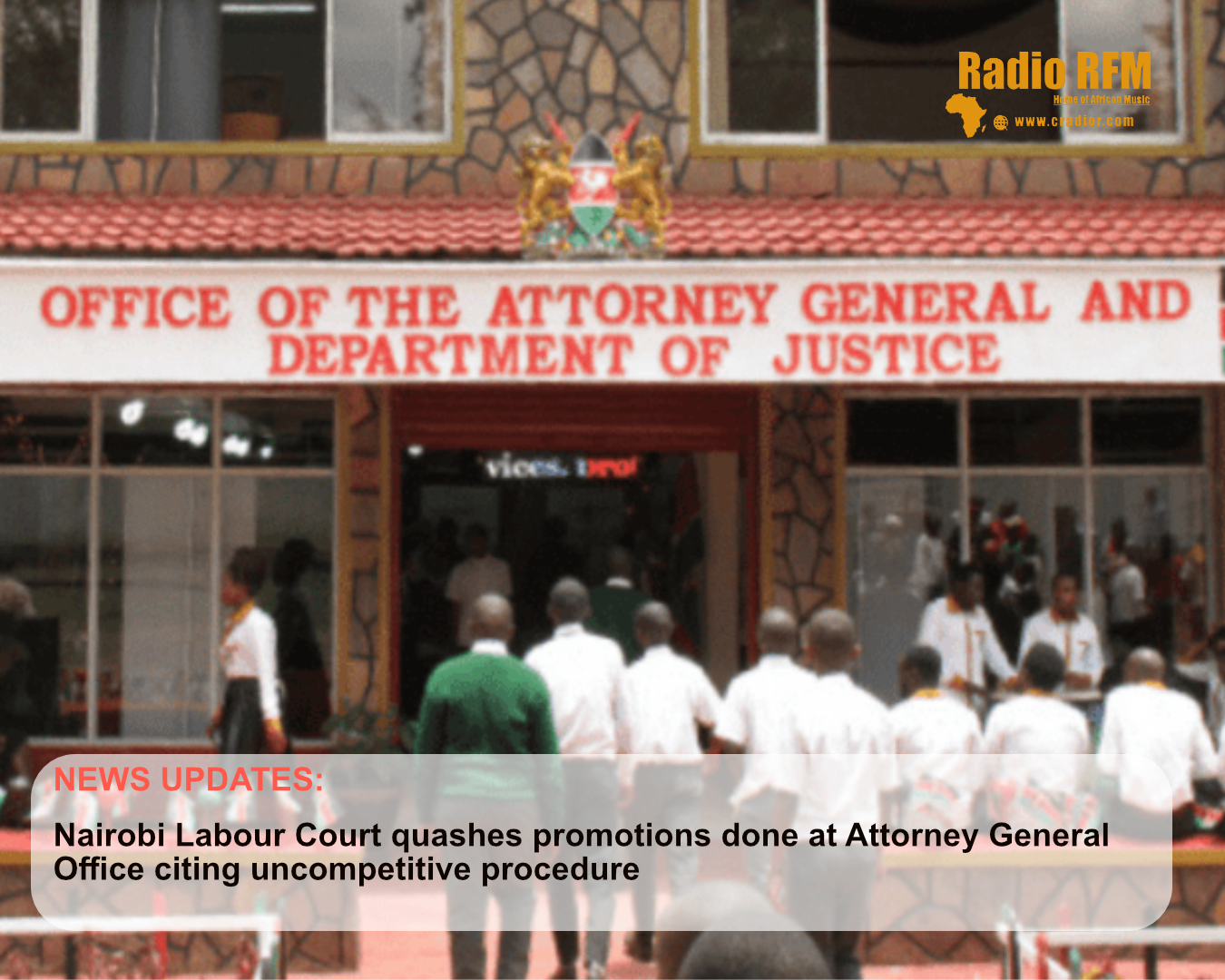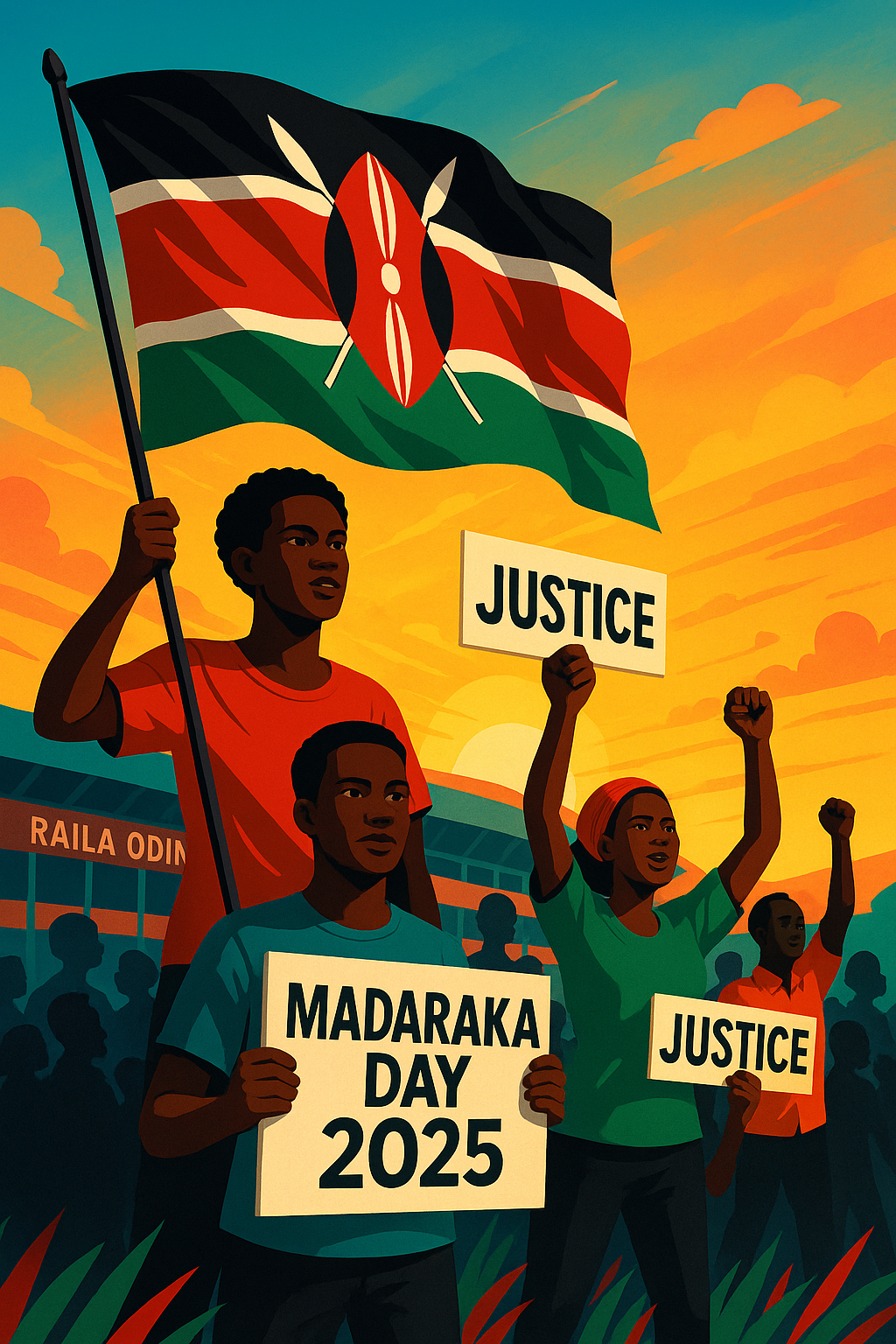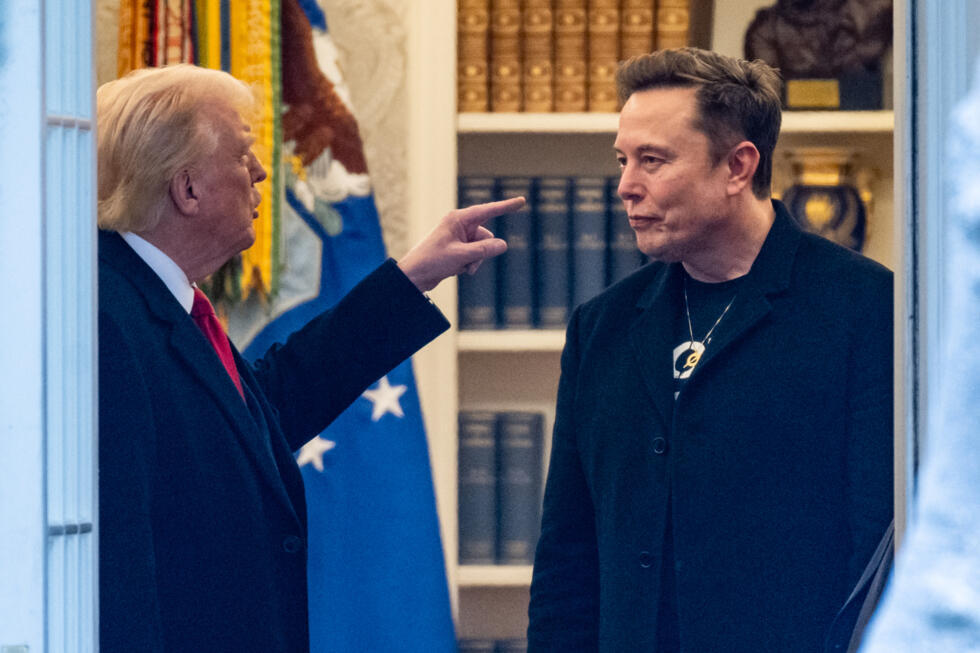Why Blood Parliament Matters
In April 2025, BBC Africa Eye released a chilling investigative documentary titled Blood Parliament, unveiling the tragic and unjust deaths of three unarmed protesters during Kenya’s anti-tax demonstrations in June 2024. What followed was an eruption of national emotion, political tension, and growing calls for police accountability.
What the Documentary Reveals
Blood Parliament focuses on three victims:
- David Chege – a software developer
- Ericsson Mutisya – a local butcher
- Eric Shieni – a university student
All were shot dead outside Parliament during the Gen Z-led protests against the Finance Bill 2024. Using powerful video footage, eyewitness accounts, and forensic video analysis, the documentary alleges that police officers fired live bullets into peaceful crowds—contradicting official government reports.
How Kenyans Reacted
The documentary sparked a wildfire of online commentary. On X (formerly Twitter), hashtags like #BloodParliament and #JusticeForJuneVictims trended for days. Many praised the BBC for its bold reporting, while others expressed grief, anger, and renewed determination to demand justice.
In Parliament, reactions were mixed:
Millie Odhiambo, MP for Suba North, urged Parliament to address the trauma caused by the 2024 protests.
John Kiarie, MP for Dagoretti South, accused the BBC of attacking Kenya’s sovereignty through foreign journalism.
Despite political divisions, the documentary united Kenyans across age and class in a demand for truth and justice.
Government Moves: Fresh Investigations
Following public pressure, the Office of the Director of Public Prosecutions (ODPP) ordered a fresh probe into the killings and instructed the Independent Policing Oversight Authority (IPOA) to take over investigations.
The ODPP also called for:
- Urgent witness protection
- Fast-tracked case handling
- Public transparency in the investigation process
A Fight for Truth or a Censorship Battle?
Tensions rose further when a planned public screening of Blood Parliament in Nairobi was abruptly cancelled. According to organizers, government pressure forced the event’s shutdown. This move drew strong backlash from activists, media watchdogs, and civil society groups, who accused the state of censorship.
Human rights organizations emphasized that suppressing the documentary was not just an attack on journalism—but an attack on truth.
The Bigger Picture: What This Means for Kenya
Blood Parliament is more than a documentary—it’s a mirror reflecting uncomfortable truths about police impunity, state violence, and youth suppression. It has reignited:
- Demands for police reform
- Respect for freedom of the press
- A call for civic justice for Kenya’s Gen Z movement
Final Thoughts
As the world watches, Blood Parliament continues to stir powerful emotions. The story is far from over—but it has reopened a critical conversation about truth, accountability, and the power of journalism.
Have you watched Blood Parliament? What do you think it says about justice in Kenya? Share your thoughts in the comments, and follow us for updates on this developing story.


